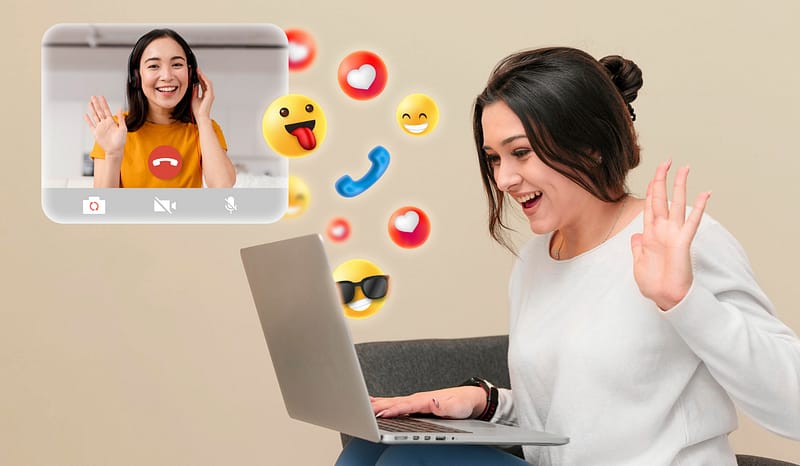Unveiling the Hidden Rules of Online Etiquette

Discovering lesser-known manners for a more respectful online presence.
We’re all online more than ever, making connections, sharing our lives, or simply gathering information. Yet, the digital realm has its own set of unspoken rules—online etiquette. While some of these rules are widely recognized, others remain in the shadows. Let’s delve into these often-overlooked aspects of online manners and ensure we’re all creating a positive digital environment.
Being Mindful of "Zoombombing"
While video conferencing has become an integral part of our lives, not everyone is aware of “Zoombombing”—an act of interrupting online meetings with disruptive behavior. Always ensure you’re joining the correct meeting, stay muted unless speaking, and avoid sharing meeting links publicly.
Reading Before Reacting
Online, it’s easy to skim through content and hastily react, leading to potential misunderstandings. Always read posts, emails, or messages in their entirety before responding or sharing your thoughts.
Profile Picture Etiquette
Your profile picture acts as your online identity. Ensure it’s appropriate for the platform. For instance, a professional photo is best for LinkedIn, while you might opt for a more relaxed image on personal social media accounts.
Avoiding "Doxing"
Doxing—sharing someone’s private information online without consent—is not just bad etiquette; it’s dangerous. Always respect others’ privacy and think twice before sharing any personal details, even if they seem harmless.
"Ghosting" Isn't Always Okay
“Ghosting,” or suddenly cutting off communication, has become a term mainly associated with dating. However, it also happens in professional settings. If you cannot continue a conversation or relationship, it’s courteous to provide a brief explanation rather than leaving the other party wondering.
Respecting Different Time Zones
When interacting with people globally, be aware of time zones. Messaging someone in the middle of their night or setting up meetings without considering their local time is inconsiderate.
Commenting Beyond "First" or "Like"
We’ve all seen the race to comment “First!” on new content. While it might seem fun, contributing more meaningful responses creates a richer online dialogue.
Beware of Unsolicited Advice
The internet is full of experts and opinions, but not everyone is seeking advice. Unless someone explicitly asks for your perspective, it’s best to refrain from offering unsolicited advice.
Refrain from "Digital Stalking"
It’s easy to go down the rabbit hole of someone’s online profile, but repeatedly viewing someone’s content, especially without interacting, can come off as invasive. Remember, there’s a fine line between being interested and being intrusive.
Acknowledging Digital Fatigue
With many of us working and socializing online, it’s essential to recognize and respect signs of digital fatigue in ourselves and others. If someone needs a break from an online chat, video call, or social media, grant them that space.
The internet, while a vast and open space, is also a community. And like any community, it thrives on mutual respect and understanding. As we continue to spend more time online, being aware of these lesser-known etiquettes will ensure our interactions are more meaningful, respectful, and positive. After all, every click, comment, and conversation contributes to the digital world we’re building together.






